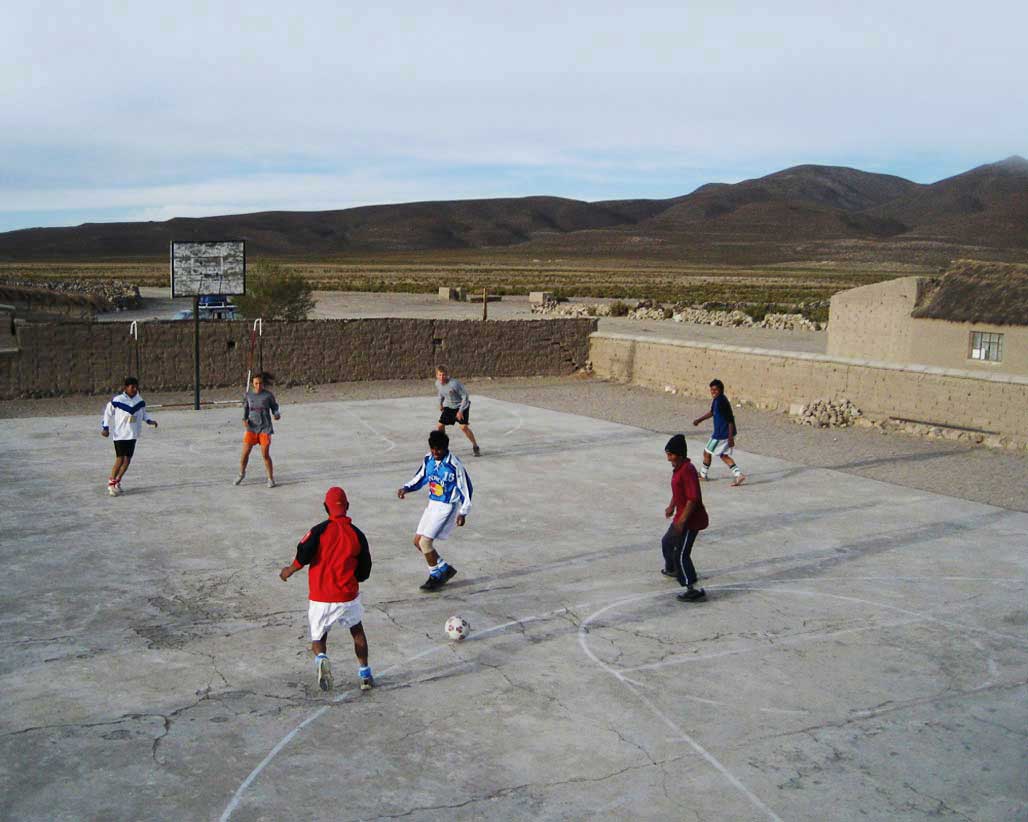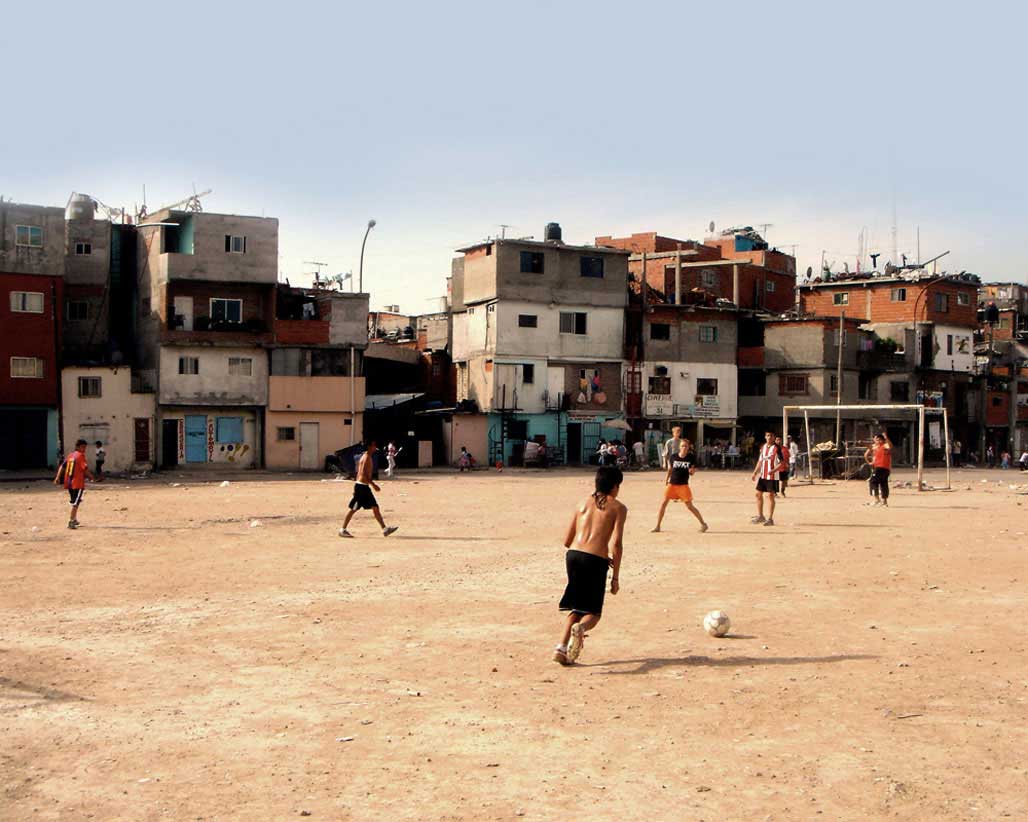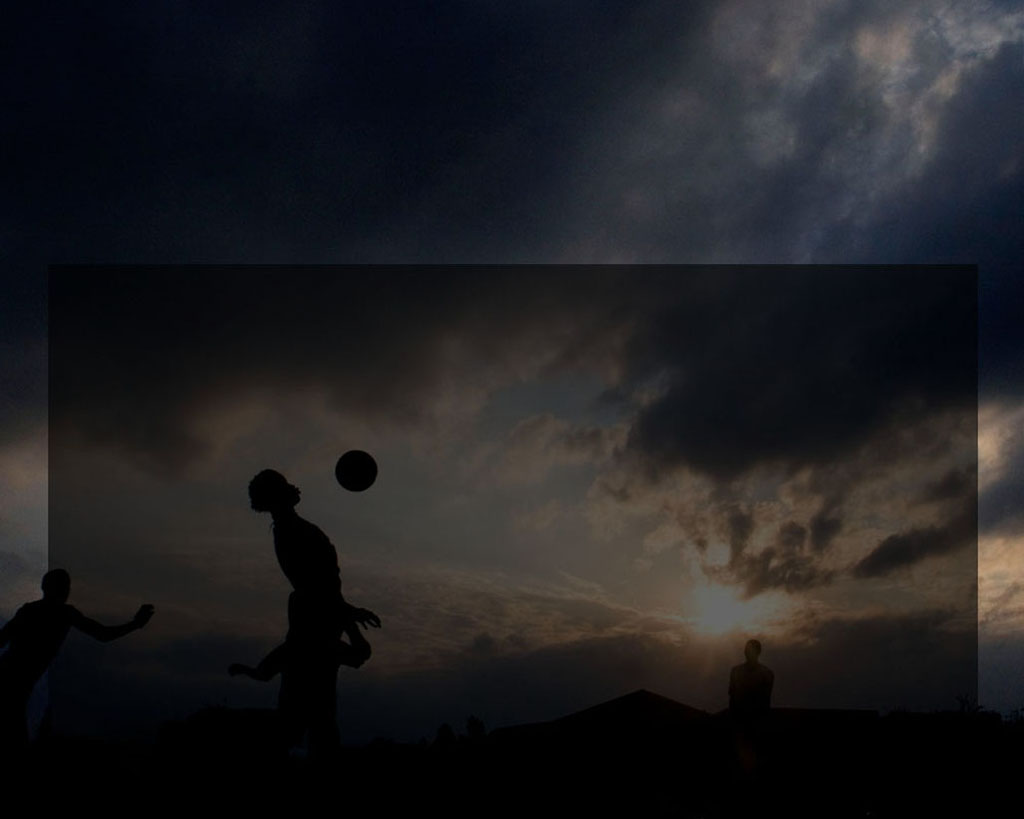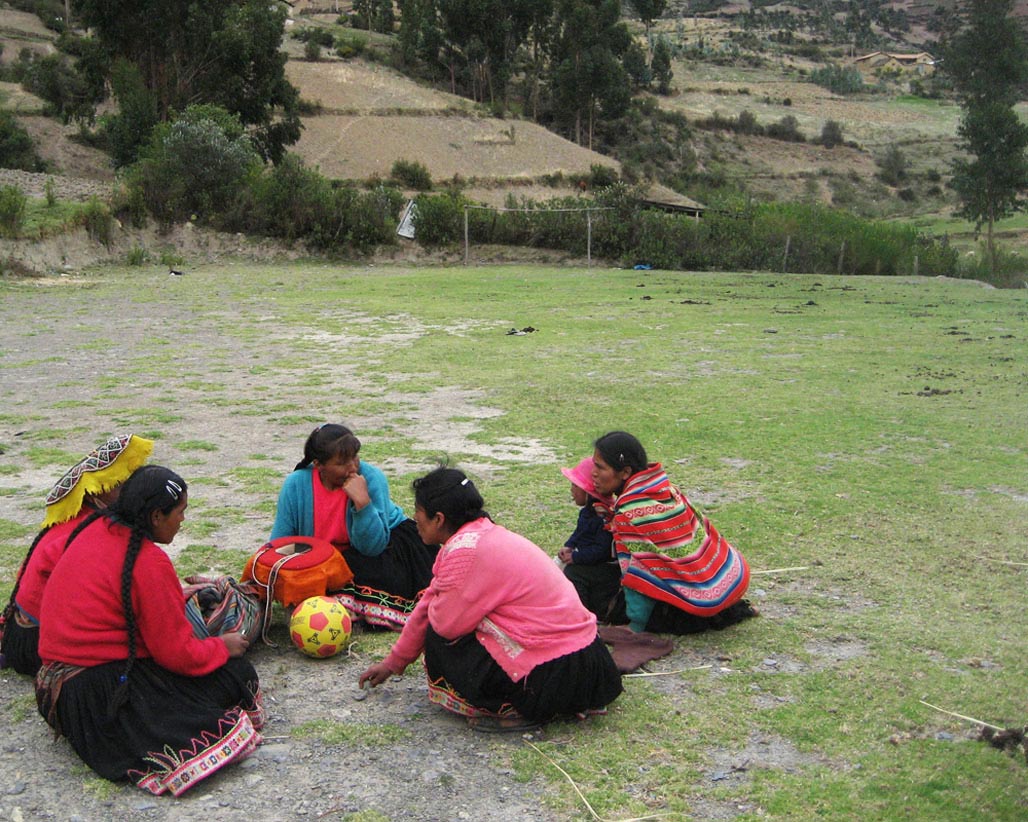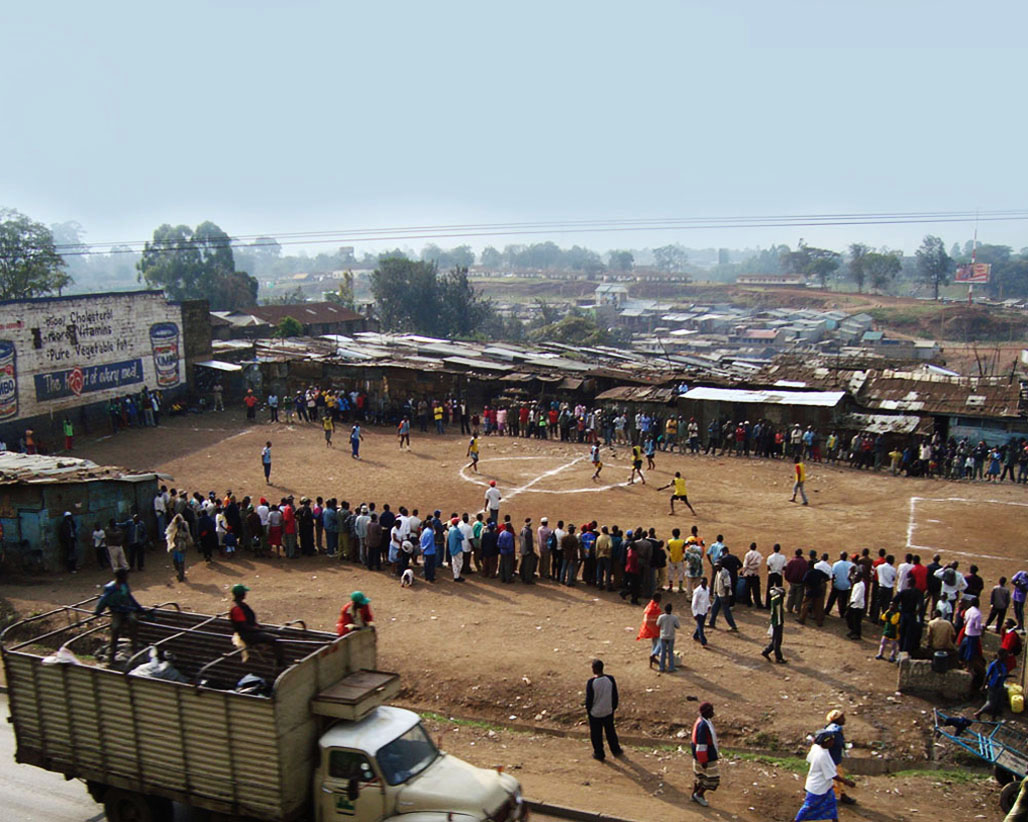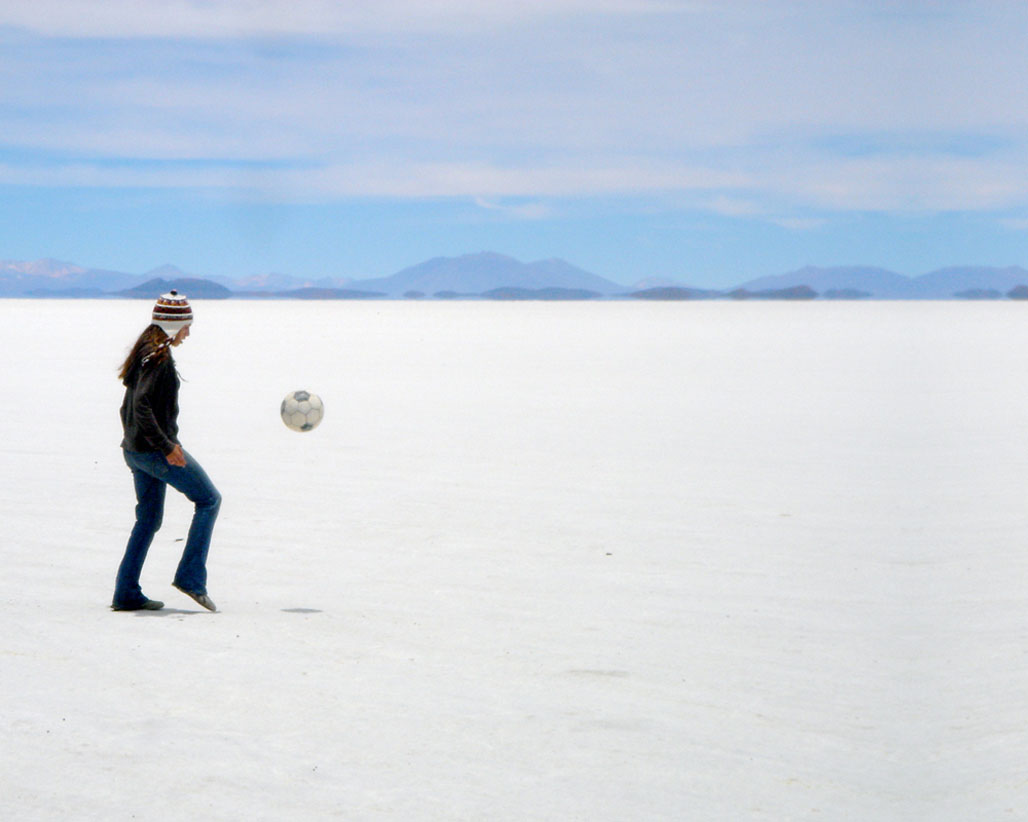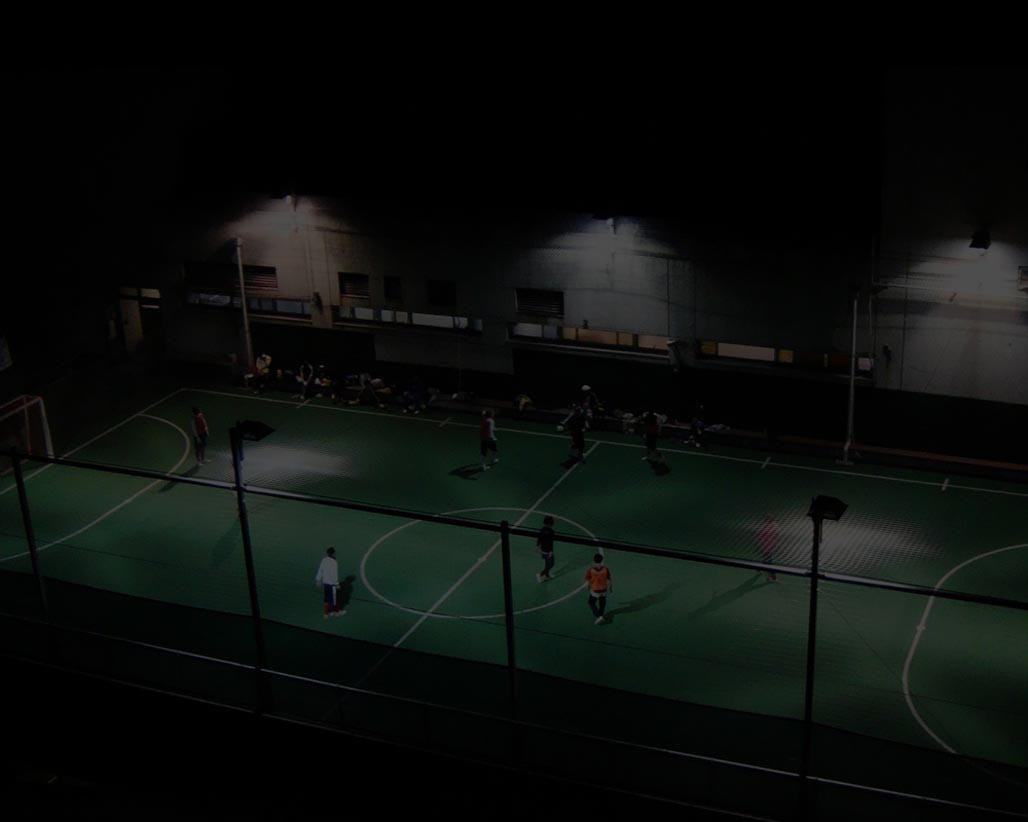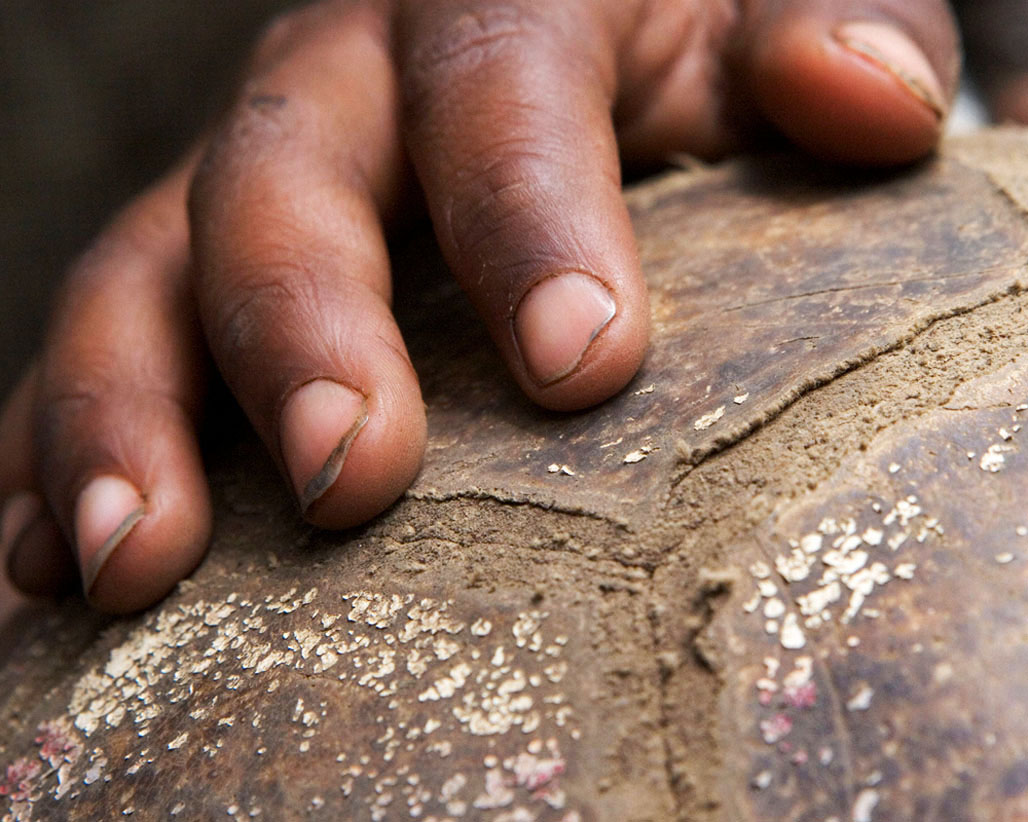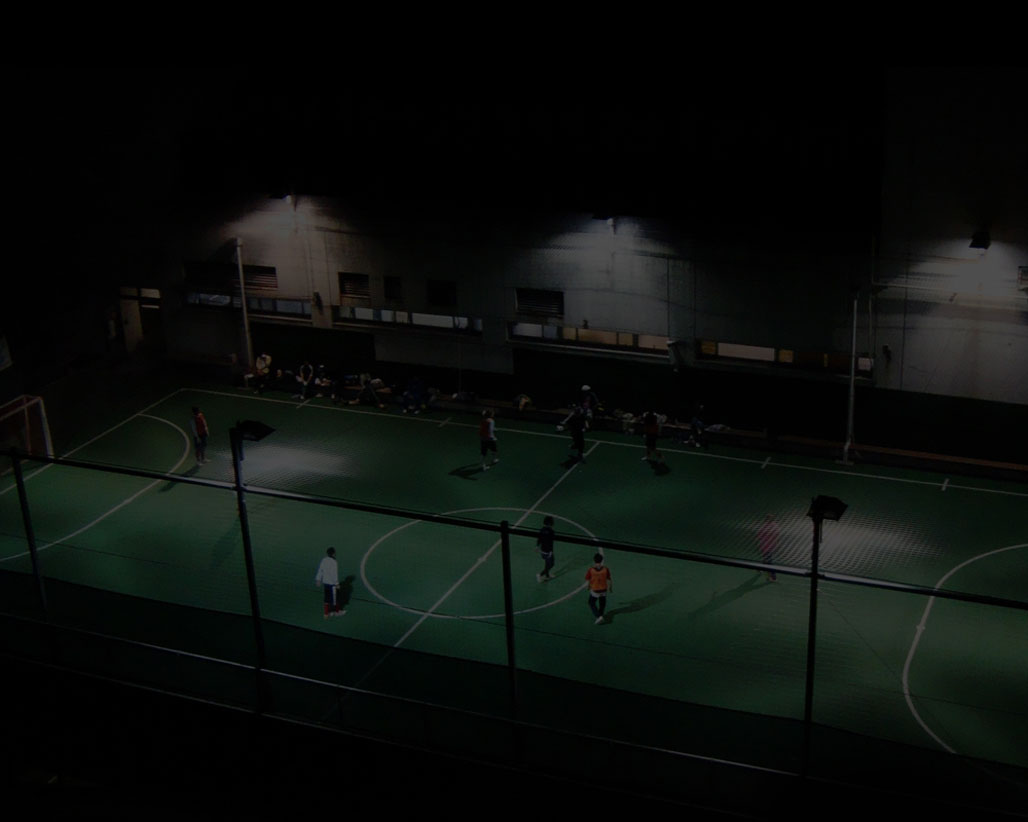We want to play in the Vatican. We have the slightly illogical rationale that if we can get inside a Bolivian prison, we should be able to get inside a church.
This desire sprang from the discovery of something called the Clericus Cup—where priests-in-training from all over the world play each other on a field overlooking St. Peter’s Basilica. For weeks now, Luke has been reading up on these player-priests: even Cardinal Tarcisio Bertone—the Vatican’s Secretary of State—is a calcio devotee who recently bought a Serie C team and hopes one day to have a professional team representing the Vatican.
Though Luke sent a barrage of emails to everyone from the info desk to the Pope himself, we’ve arrived in Rome and no one has responded. But knowing that somewhere within the walled city, the clergymen play pick-up games raises a whole host of questions in our minds: do they play peacefully, or do they exalt in their one opportunity to let loose? Are there dirty tackles, cheap shots? How competitive do these guys get?
So—hoping we’ll have more luck in person than via the Internet—we head out in Rome, walking past women with high heels wedged in cobblestones and priests who fly by on mopeds, robes billowing in the wind. We wander into and around the Vatican carrying a soccer ball, asking any particularly sprightly-looking priest, “Excuse me Father, do you play?” We also talk to policemen, Swiss Guards, and official looking men in suits and earpieces; while one suit rainbows the ball and one priest dribbles the ball with his hand as though it is a basketball, telling us how much he loves football, everyone is pretty clear about the fact that we’ve got no chance of getting in. One Swiss Guard tells us with a small smile, “It is quite impossible.”
We are redirected to the seminary schools, where we are told, “Oh yes, they play all the time, all the time.” Once we find a seminarian to escort us to the field, we arrive at a large dirt area with several accompanying bulldozers. The old grass field is being replaced with turf. “This is Italy,” our seminarian tells us. “It will take a long, long time.”
The next day we give the Vatican one more try, this time carrying an “official” letter—composed at an Internet Café an hour earlier—requesting permission to play with the Swiss Guard. We walk up to very friendly men in puffy blue pants who hand off our letter to a guard named Ruben who comes out of the tower and tells us that he does in fact play on the Swiss Guard soccer team. He takes our Italian cell phone number and tells us he will call us after he talks to the captain of the team.
We have no idea if he will really call and are surprised when our phone starts ringing and the Swiss Guard is on the other end. Ruben tells us the field they usually play on is in the seminary school—the same field we stood on earlier among the bulldozers.
We ask if by chance there might be other playable fields in Rome. He says oh sure, and tells us he will call us once they figure it out.
He never calls. We try his number several times and give it ten or so rings before we hang up and relinquish hopes of playing with anyone in or around the Vatican.
We take off for a road-trip through the Tuscan countryside. It is good to be outside the city and away from our failure—we zip past vineyards, red wildflowers, and endless hills until we reach a small town at the base of the Appanee Mountains.
In Italy, priests are not the only occupational group to form teams; there are national teams for most professions, from lawyers to singers to writers. We’ve come to Casola because the 2900 person town has two writers on the national writers team.
Claudio is a traveling jewelery salesman who’s published an avant garde style novel, as well as some soccer articles in the Italian GQ. Cristiano is a well-known Italian writer who still works every night in his uncle’s pizzeria-because no matter how famous he gets, he still sees himself as nothing more than a pizzaiolo. Both Cristiano and Claudio love to play-telling us about what the game meant to them when they were kids and what writing means to them now: a chance to say something, to mean something, a way to make your own small world where things make
sense.
(They also tell us that Holland wins the writer’s tournament every year, adding, ”They’ve got a guy who played for Bundesliga…wrote one very small children’s book.”)





